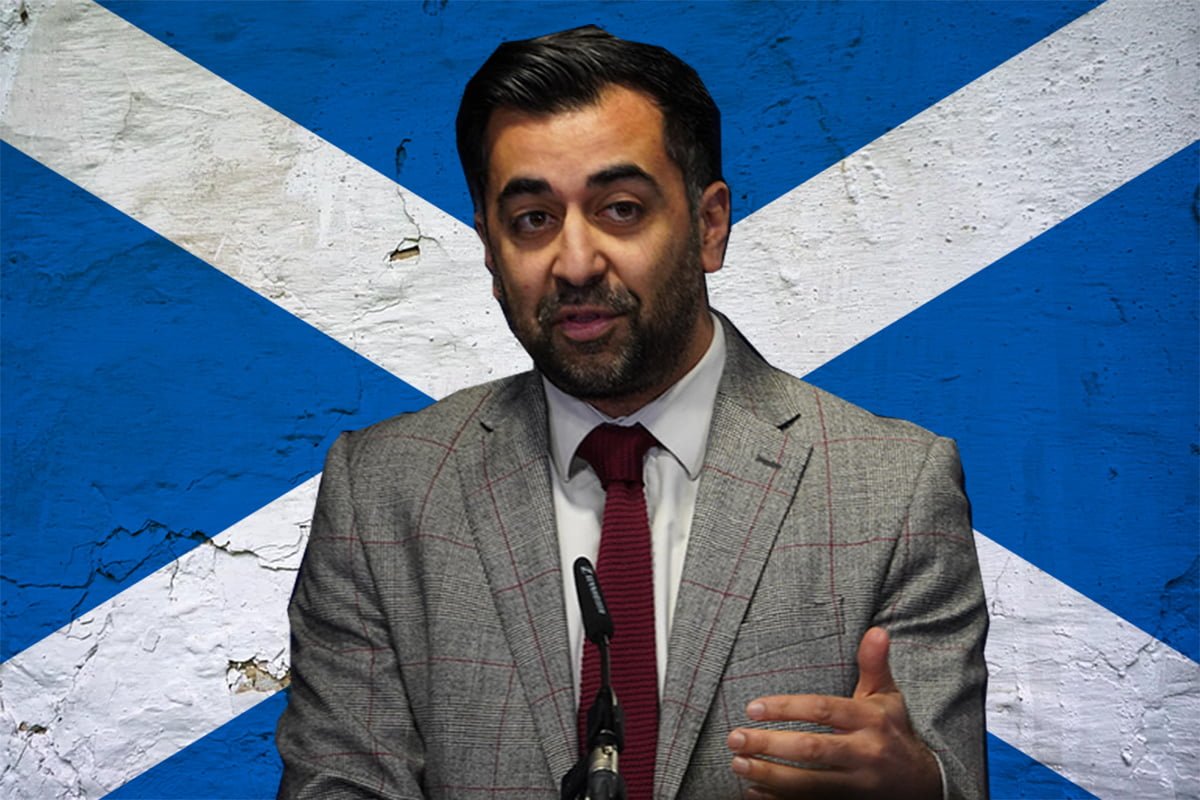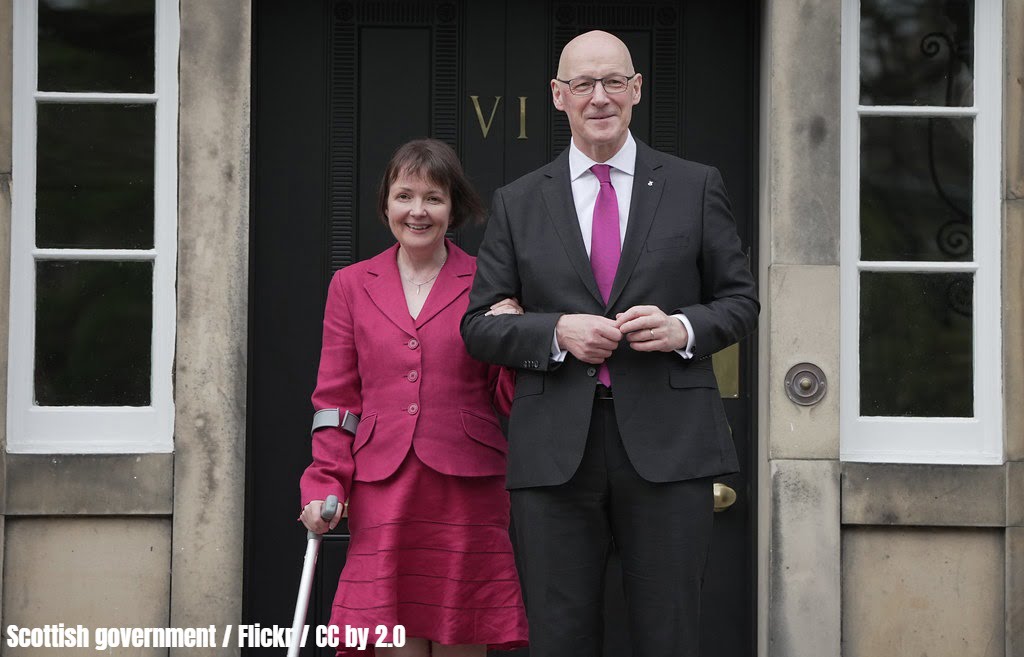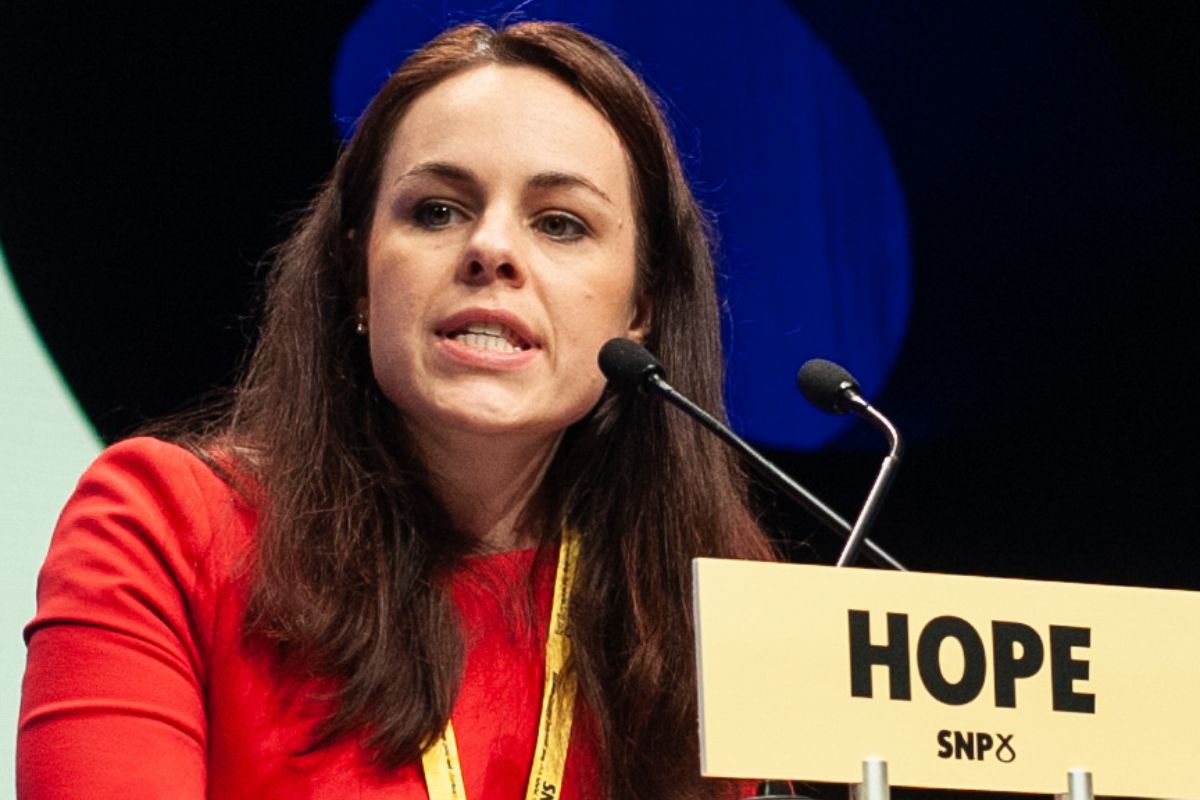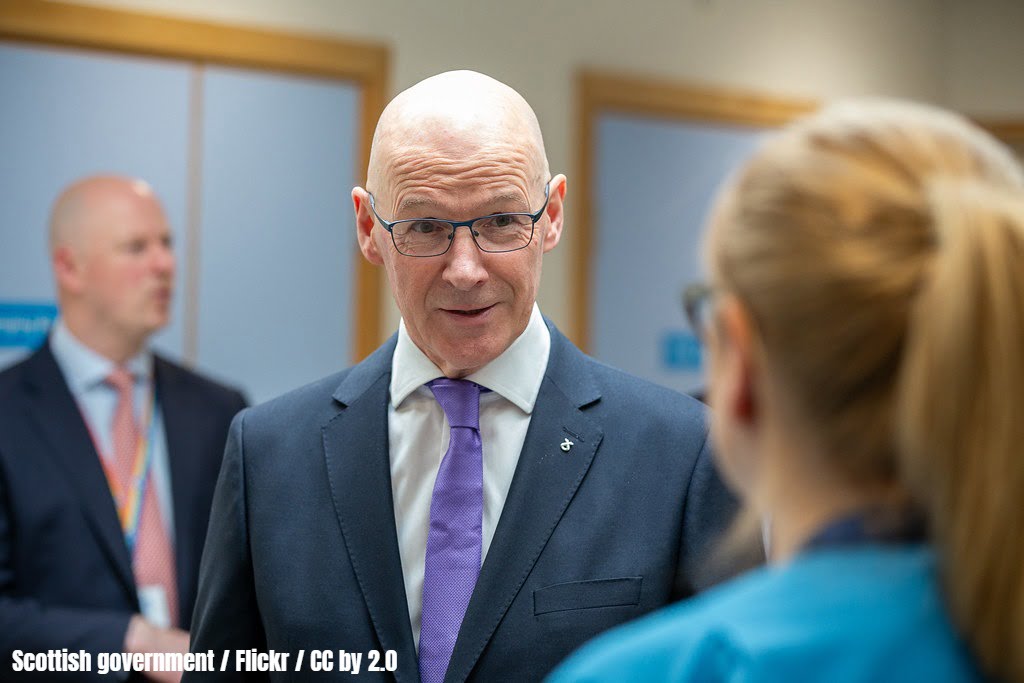The dust has begun to settle on the Scottish National Party’s whirlwind breakup with the Scottish Greens, and near-collapse of the Scottish government.
The new-old SNP leader and seventh First Minister, John Swinney, is now in place at Bute House, his official residence. But any sign that this will lead to a new era of stability is an illusion.
Under pressure
 All the blame for the chaos of the past few weeks, and for the crisis the SNP has been facing for slightly over a year, is being laid at the feet of the former First Minister, Humza Yousaf.
All the blame for the chaos of the past few weeks, and for the crisis the SNP has been facing for slightly over a year, is being laid at the feet of the former First Minister, Humza Yousaf.
The manner in which he unceremoniously threw the Greens out of government, and his lacklustre leadership since taking over from Nicola Sturgeon, will be nothing more than a footnote in history, however.
In truth, Yousaf inherited a poisoned chalice from his predecessor. Ever since his election last March, it was obvious to many that he was under pressure from both the right and left, with sharply conflicting views on the ‘progressive’ agenda of the Scottish government.
In an effort to maintain the unity of his own party, and to try to bridge the deepening split between the SNP-right and SNP-centre, he chose to ditch the Greens, who for several years have effectively been the SNP’s left wing.
This move to stabilise the party and government only had the opposite effect, as we all saw. To save the government from decisive parliamentary defeat, Yousaf threw in the towel. The attempt to hand the leadership of the SNP over to the younger generation of politicians, who have only ever known the party to be the government, was botched.
‘Safe pair of hands’
 The SNP are now forced to turn back to one of Sturgeon’s closest allies; one of the grey suits who have been at the top of the party for more than twenty years: John Swinney.
The SNP are now forced to turn back to one of Sturgeon’s closest allies; one of the grey suits who have been at the top of the party for more than twenty years: John Swinney.
Swinney served as Sturgeon’s deputy, and as a government ‘fixer’ sent into departments that were performing below expectations. He is a ‘safe pair of hands’; a respected figure, known to civil servants and business leaders alike.
Swinney’s first act as new First Minister was to ‘reset’ the Scottish government by keeping almost everything the same – except for one thing: the elevation of Kate Forbes as Deputy First Minister.
Forbes lost the SNP leadership election to Yousaf last year. But now, miraculously, without a single vote being cast, she is number two in the Scottish government.
Business agenda
 Swinney bringing Forbes to the top table is an attempt to avoid splits in the party, and to stabilise the government.
Swinney bringing Forbes to the top table is an attempt to avoid splits in the party, and to stabilise the government.
While asserting that he is not a ‘caretaker’, he cannot ignore the momentum now behind Forbes, and the likelihood that she will eventually succeed him as leader and First Minister.
Swinney represents more of the same, while Forbes is something a little different. Both agree on the fundamentals though, and have announced that their government will prioritise business and economic growth over the previous ‘culture war’ politics, in order to get the SNP back on top.
This is no solution, however. The culture war may well poison anything it touches. But what most people are angry about is the obsession of politicians arguing over meaningless definitions, while the NHS is cut to pieces, schools are falling apart, and wages are eaten away by inflation.
And it is precisely the SNP’s pro-business agenda – first formulated by Swinney and Forbes under Sturgeon in the 2022 Scottish government spending review – that advocates over a billion pounds in cuts to public services, tens of thousands of jobs lost in the public sector, the rolling back of reforms, and so on.
Crisis of capitalism
 This is all feeding discontent – and even hatred – towards the SNP.
This is all feeding discontent – and even hatred – towards the SNP.
At root, all of the SNP’s problems are a product of the crisis of reformism, which is itself a result of the capitalist crisis engulfing the whole of Britain, and the world.
We are in a new phase of the class struggle in Scotland. The SNP will no longer set the agenda or determine the tempo of events, but be subject to them.
They will be blown about this way and the other. The working class can have no trust in them, but must instead fight to take ownership and control of society for themselves.






